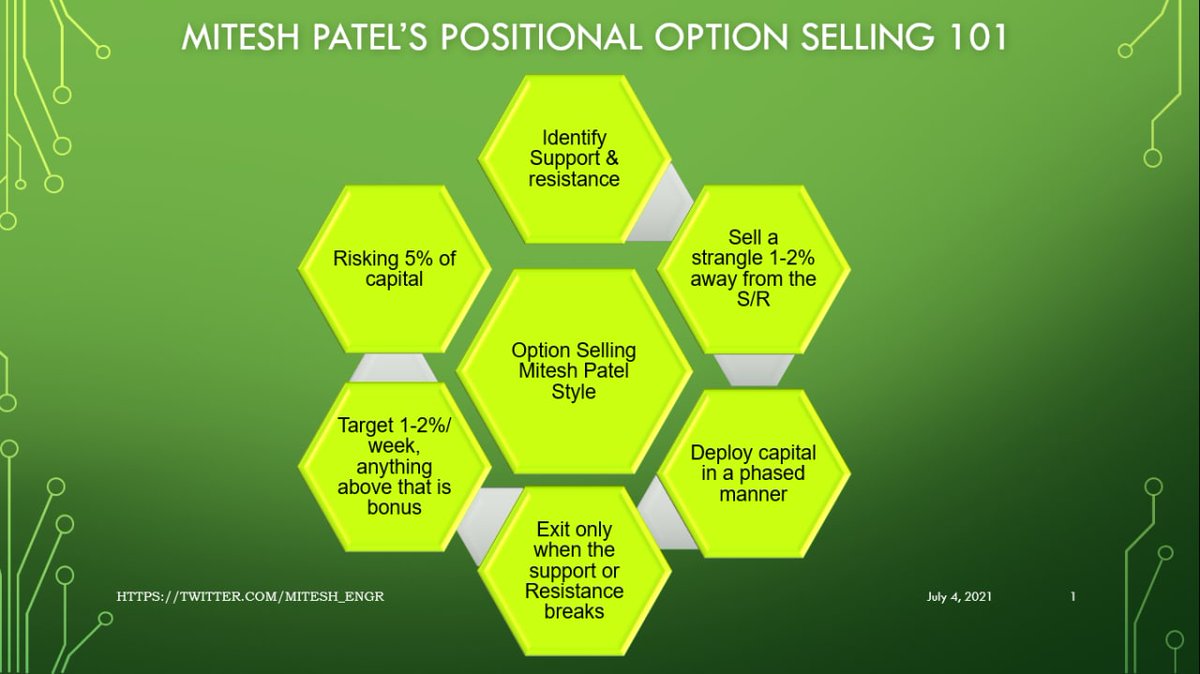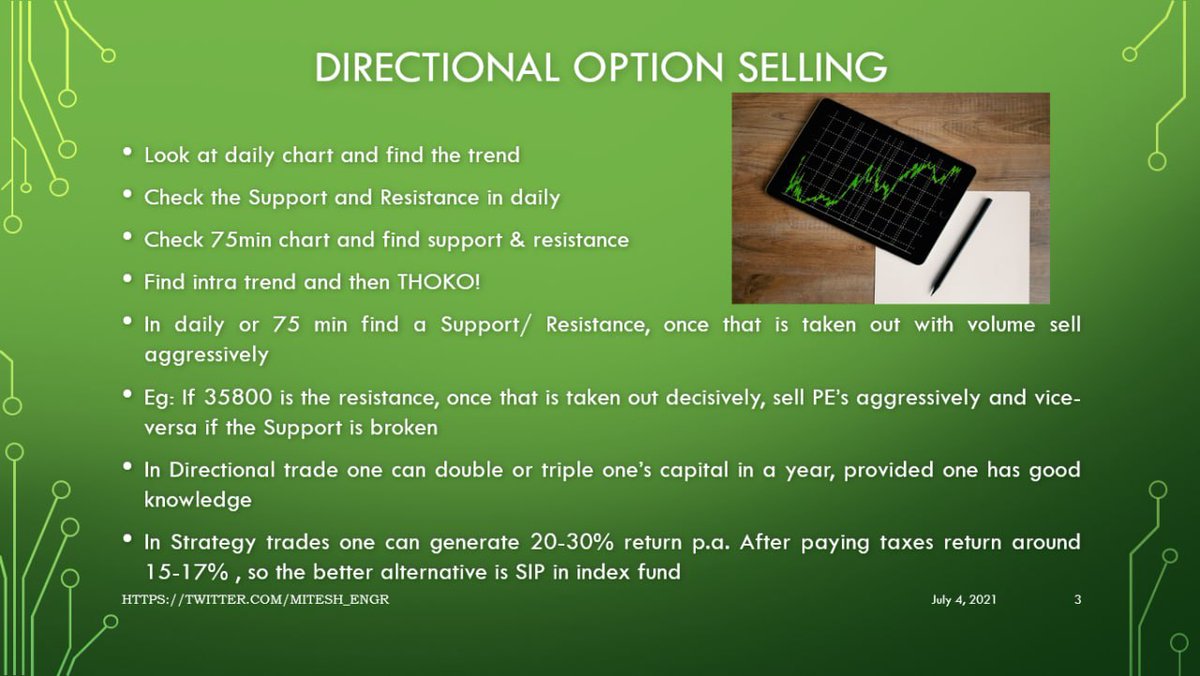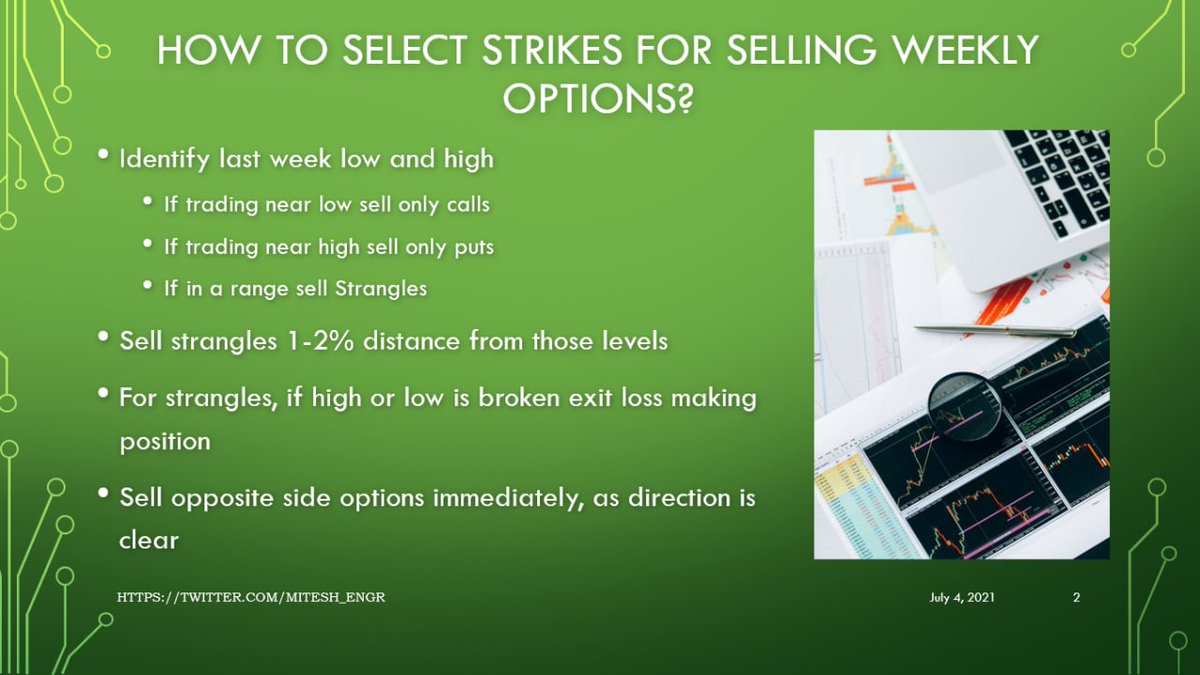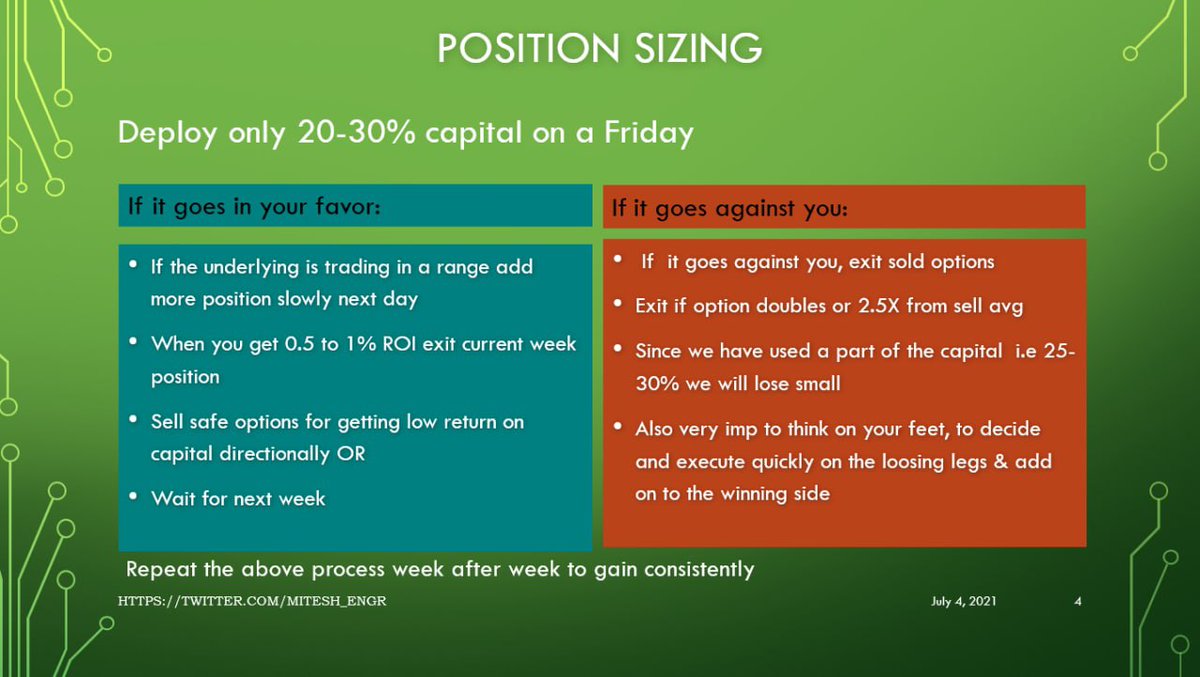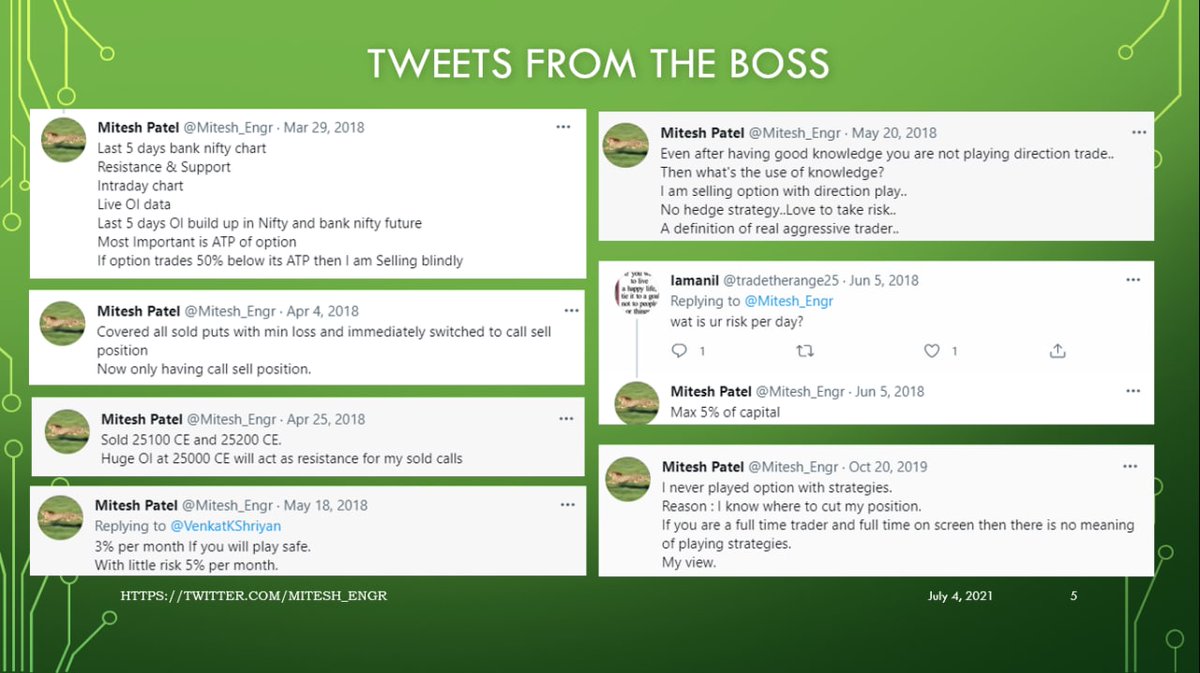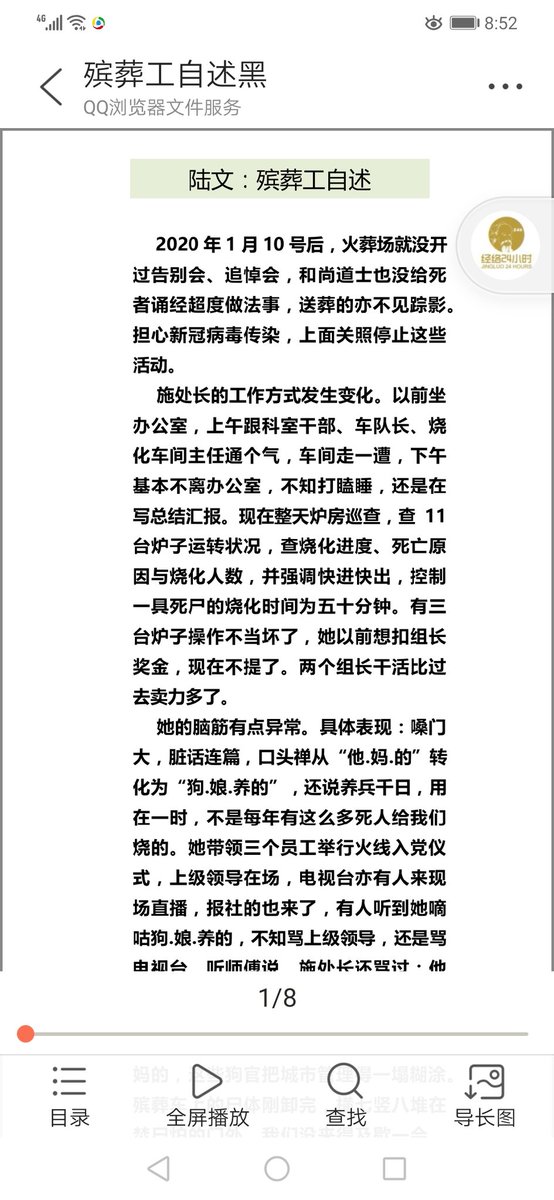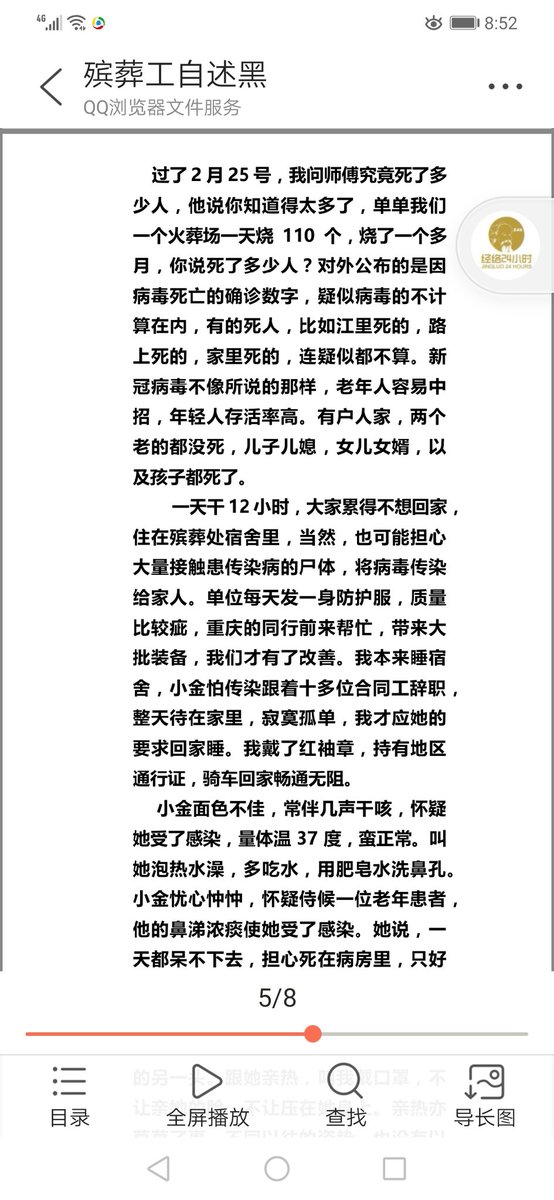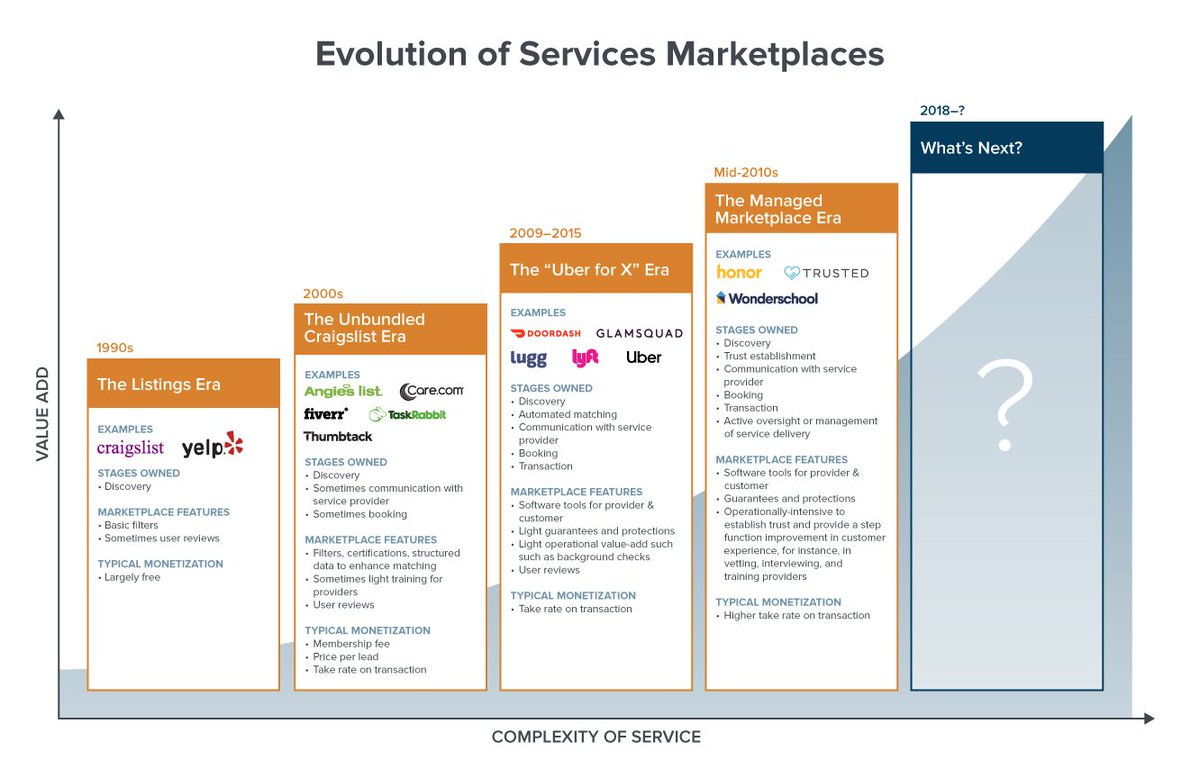2/
A more detailed explanation of the whole
"A double-spend broke Bitcoin" FUD that was circulated by an irresponsible publication.
1/
2/
3/
4/
The new block extends the chain, resolving the issue.
5/
6/
A 2-block reorganization happens less often, maybe a few times a year
A 3-block reorg is extremely rare. I don't think we've ever seen one
7/
8/
9/
10/
11/
12/
13/
14/
15/
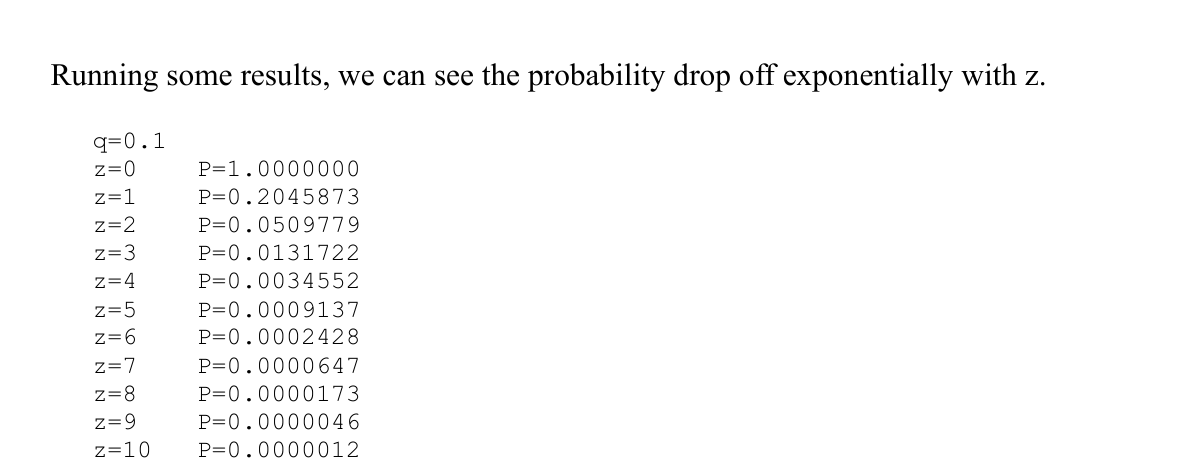
I waited 3 confirmations after selling my car for $11,000 USD (IIRC). Was enough for me.
16/
17/
18/
19/
20/
21/
22/
23/
More from Bitcoin
1/THREAD: WHEN WAS IT CLEAR?
Oct. 8, 2020: The purpose of this thread is to document and timestamp when it first became clear that #Bitcoin was likely to become a major reserve asset for public corporations, and eventually states, with Square's purchase of $50M in BTC.
The purpose is to give something to cite when ppl later claim "But there was NO WAY OF KNOWING..."
h/t @ErikSTownsend who used the same format to call out the impact of Covid on Feb 8 and made me personally aware of the looming shutdown of the country https://t.co/opuiNgSeqC !
Bitcoiners smarter than me have been predicting the takeover of the dollar by Bitcoin for many years.
In 2014 with Bitcoin barely at $1B, @pierre_rochard wrote https://t.co/EGHa58KqHq, covering all the incorrect narratives of Bitcoin and stating it will overtake the dollar.
"[skeptics] misunderstand how strong currencies like bitcoin overtake weak currencies like the dollar: it is through speculative attacks and currency crises caused by investors, not through the careful evaluation of tech journalists and 'mainstream consumers'" - @pierre_rochard
I first became bullish on Bitcoin in the summer of 2016, around a $3B market cap, but it was still a toy project at that time in the eyes of most in the financial world, while many technologists thought of it as a v1 technology to be improved on.
Oct. 8, 2020: The purpose of this thread is to document and timestamp when it first became clear that #Bitcoin was likely to become a major reserve asset for public corporations, and eventually states, with Square's purchase of $50M in BTC.
The purpose is to give something to cite when ppl later claim "But there was NO WAY OF KNOWING..."
h/t @ErikSTownsend who used the same format to call out the impact of Covid on Feb 8 and made me personally aware of the looming shutdown of the country https://t.co/opuiNgSeqC !
1/THREAD: WHEN WAS IT CLEAR?
— Erik Townsend \U0001f6e2\ufe0f (@ErikSTownsend) February 8, 2020
Feb. 8, 2020: The purpose of this thread is to document and timestamp when it first became clear that nCov was likely to lead to a global pandemic.
The purpose is to give something to cite when ppl later claim "But there was NO WAY OF KNOWING..."
Bitcoiners smarter than me have been predicting the takeover of the dollar by Bitcoin for many years.
In 2014 with Bitcoin barely at $1B, @pierre_rochard wrote https://t.co/EGHa58KqHq, covering all the incorrect narratives of Bitcoin and stating it will overtake the dollar.
"[skeptics] misunderstand how strong currencies like bitcoin overtake weak currencies like the dollar: it is through speculative attacks and currency crises caused by investors, not through the careful evaluation of tech journalists and 'mainstream consumers'" - @pierre_rochard
I first became bullish on Bitcoin in the summer of 2016, around a $3B market cap, but it was still a toy project at that time in the eyes of most in the financial world, while many technologists thought of it as a v1 technology to be improved on.
Afternoon all,
I wanted to take some time to cover some resources I use in my daily $BTC trading. This will be a longer thread, so bear with it you will hopefully find something that will help you also. I will try to keep it concise so if there are any questions please DM me.
11. Portfolio Management & Trade Diary- https://t.co/KAig84dOsk
3Commas gives you the ability to see your full portfolio, mapping your balance and asset breakdown. You have access to all your trade history across all exchange in a single trade diary, saving time extracting taxes
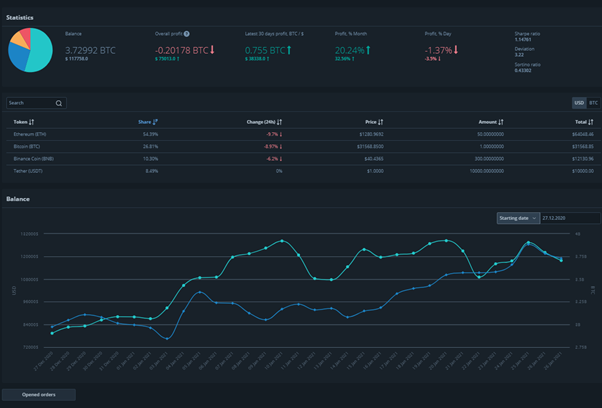
I wanted to take some time to cover some resources I use in my daily $BTC trading. This will be a longer thread, so bear with it you will hopefully find something that will help you also. I will try to keep it concise so if there are any questions please DM me.
11. Portfolio Management & Trade Diary- https://t.co/KAig84dOsk
3Commas gives you the ability to see your full portfolio, mapping your balance and asset breakdown. You have access to all your trade history across all exchange in a single trade diary, saving time extracting taxes

$BTC: Two Bitcoin FUDs to address this Thanksgiving weekend:
1. China PlusToken FUD: Old news. Please see linked thread.
2. U.S. Treasury FUD: Read thread below...
1/ These news are much more relevant, as they imply severe trade-offs for people who want to keep their bitcoins undoxxed, with the cost and risks of doing so. I would not disqualify the tweet as mere FUD in the sense that what he posted is false. It should be taken seriously.
2/ For all we know, his decision of making it public before TG weekend may come out of the urgency of informing CT of a poignant anti-Bitcoin move by a Trump administration trying to cut lose ends before leaving office—not just "price manipulation" as I've seen suggested around.
3/ It implies the acceleration of a process already planned for for months in advance, not something he just came up with to "crash the market."
4/ In practicality, assuming this passes, it will have two major consencuences:
a. Armstrong's analysis is correct. And I would go further in saying, this regulation would leave the U.S. severely handicapped to continue to be the leader in the cryptocurrency industry worldwide.
1. China PlusToken FUD: Old news. Please see linked thread.
2. U.S. Treasury FUD: Read thread below...
$BTC:
— David Puell (@kenoshaking) November 27, 2020
1/ So here's the deal with all the PlusToken news we've been seeing recently in the crypto media. Thing is, tho it's just being reported now after the Chinese government put out official balances, @ErgoBTC blew this story open for the on-chain community over a year ago... https://t.co/epNjZaNcJ1
1/ These news are much more relevant, as they imply severe trade-offs for people who want to keep their bitcoins undoxxed, with the cost and risks of doing so. I would not disqualify the tweet as mere FUD in the sense that what he posted is false. It should be taken seriously.
2/ For all we know, his decision of making it public before TG weekend may come out of the urgency of informing CT of a poignant anti-Bitcoin move by a Trump administration trying to cut lose ends before leaving office—not just "price manipulation" as I've seen suggested around.
3/ It implies the acceleration of a process already planned for for months in advance, not something he just came up with to "crash the market."
4/ In practicality, assuming this passes, it will have two major consencuences:
a. Armstrong's analysis is correct. And I would go further in saying, this regulation would leave the U.S. severely handicapped to continue to be the leader in the cryptocurrency industry worldwide.







